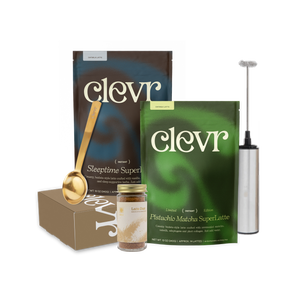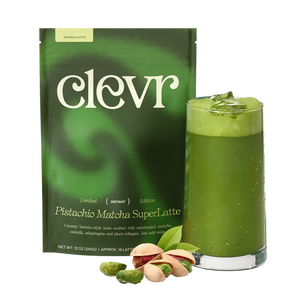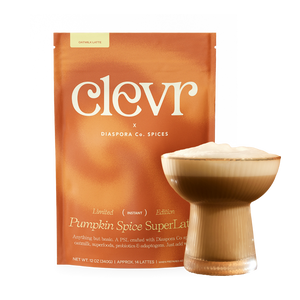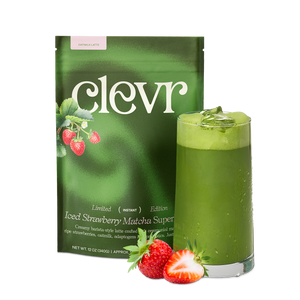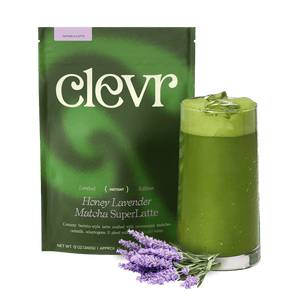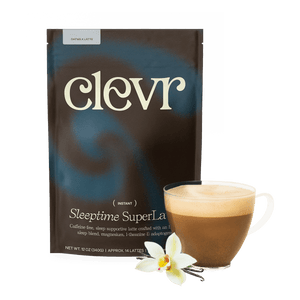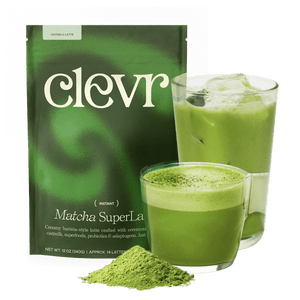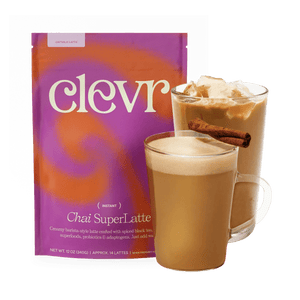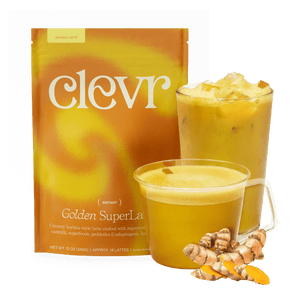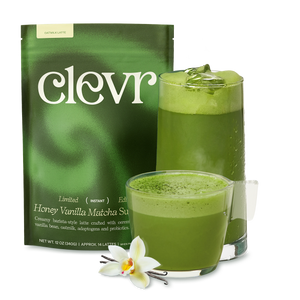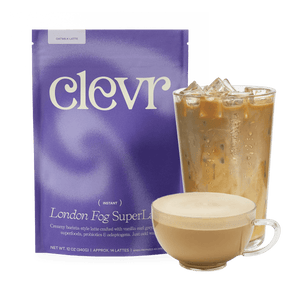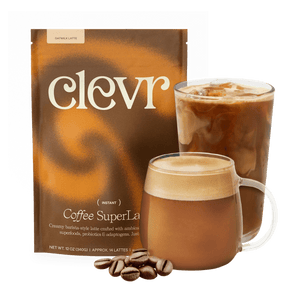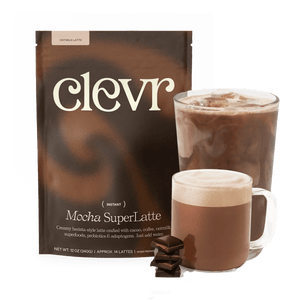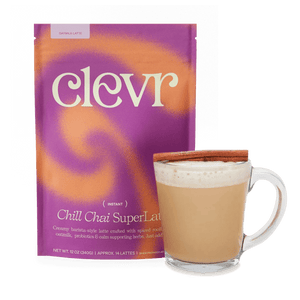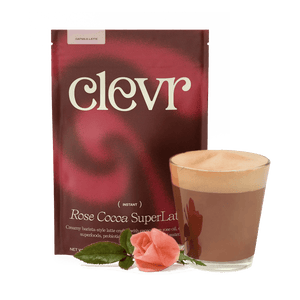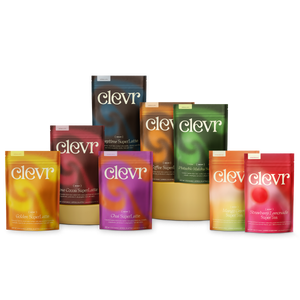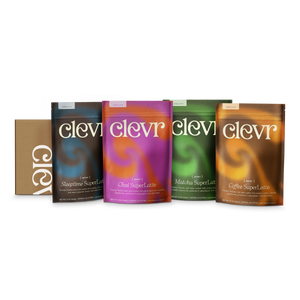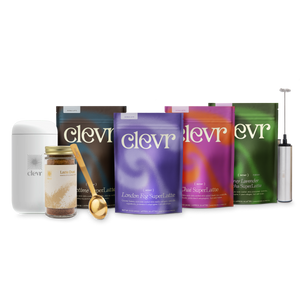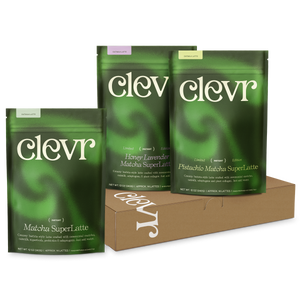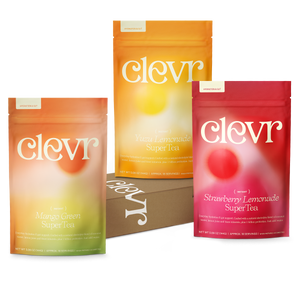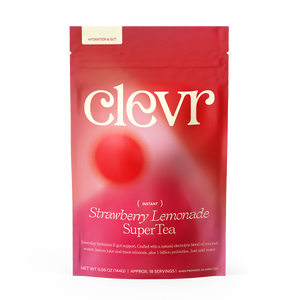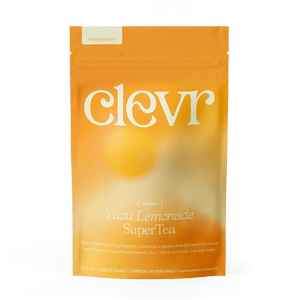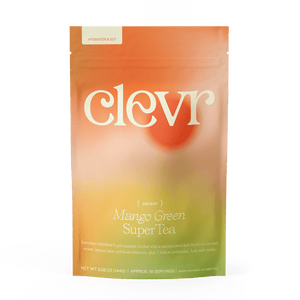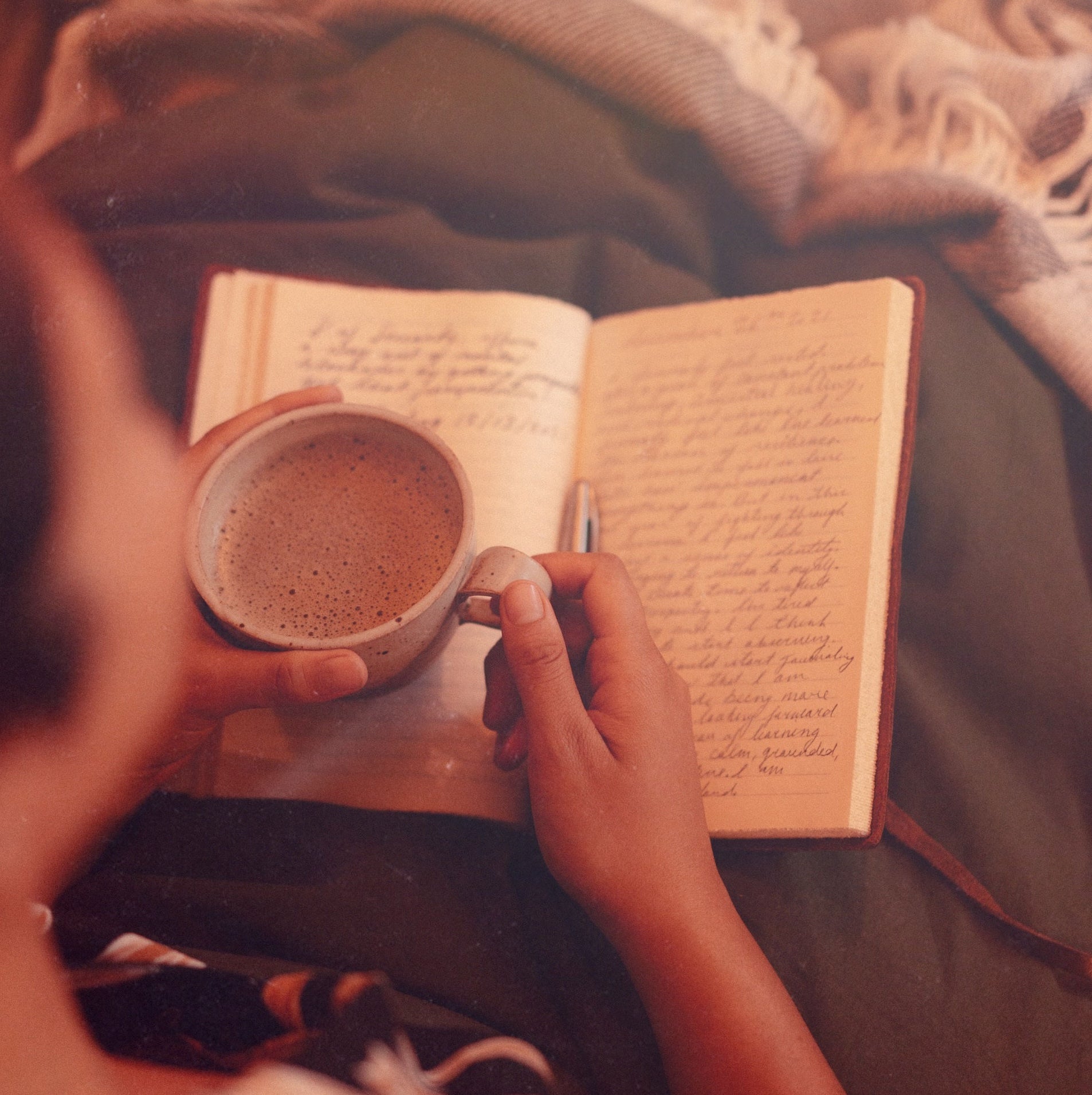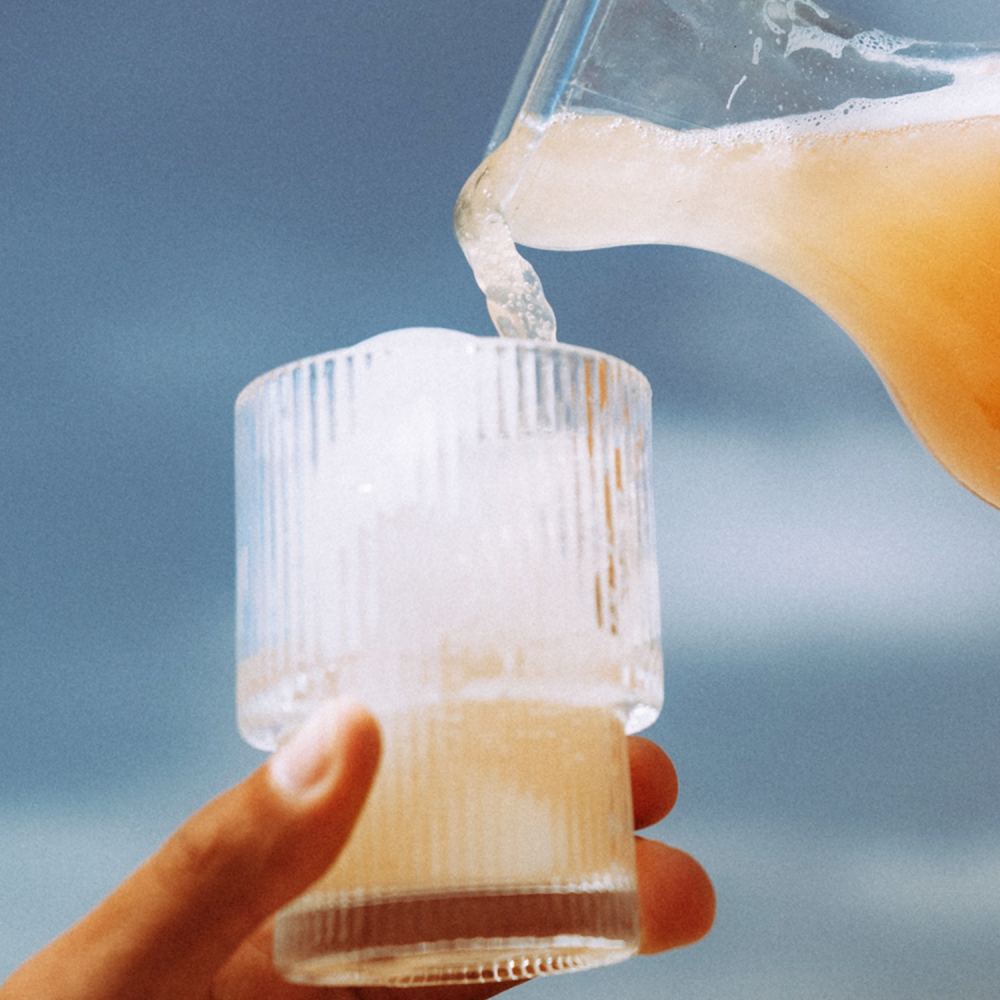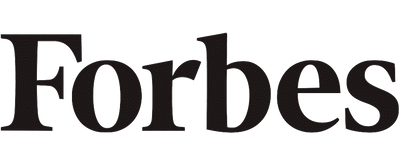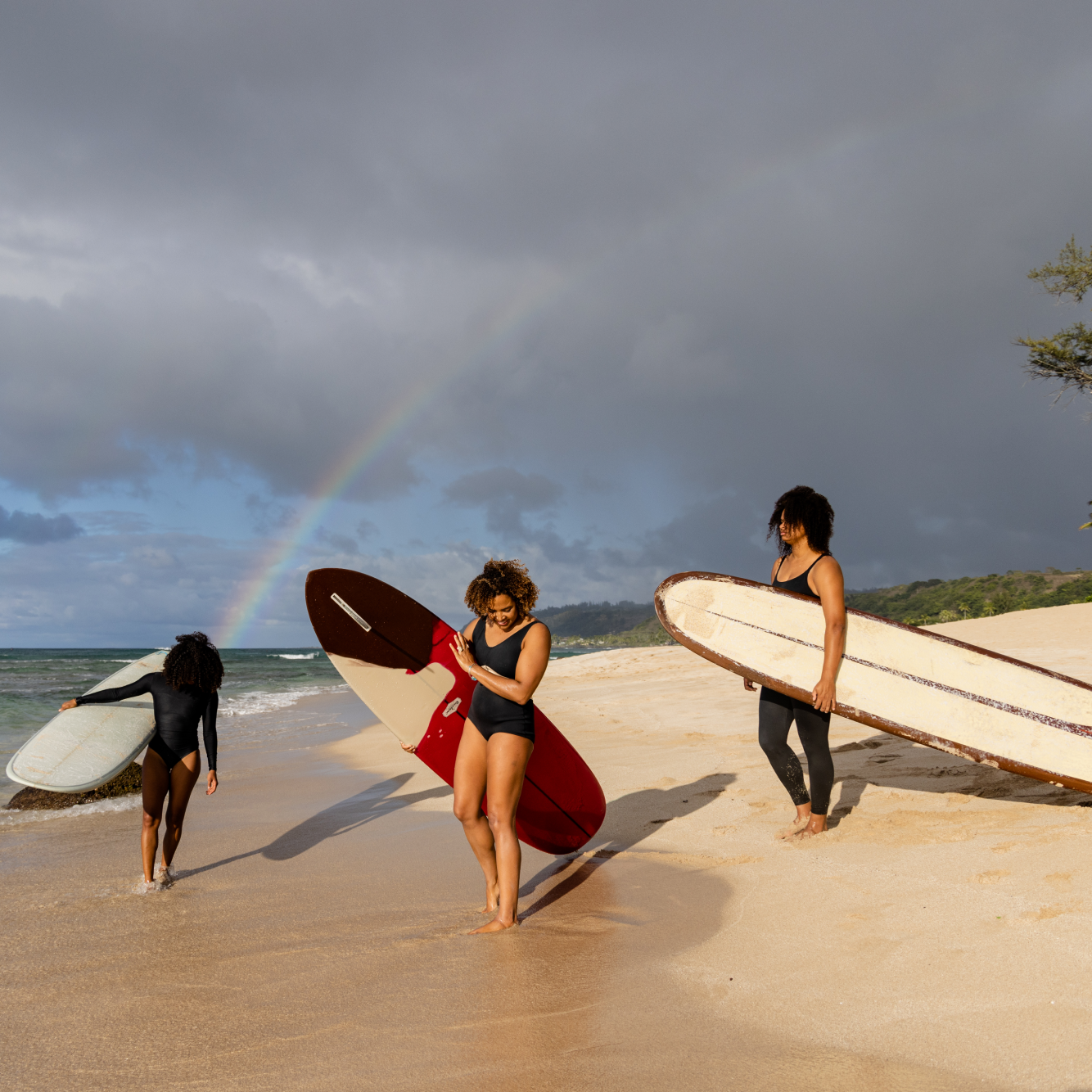
Decolonizing The Waves: A Conversation About Surf Equity
A conversation with some of our favorite surf-based organizations about access and representation in the surf industry and in the waves.
Inspired by our recent partnership with Afro-Latina professional surfer Nique Miller, we’ve been in conversation with some of our favorite organizations who are committed to diversified representation in surf culture and increased access to the ocean for all. As a team of surfers and ocean lovers, we feel that it is both our privilege and responsibility to share education and resources around the barriers to surfing and beach access. The ocean is for everyone, but we recognize that systemic inequities make it inaccessible to many.
A few years ago, our friends Mario Ordoñez-Calderón and Kat Reynolds founded Un Mar de Colores, a San Diego-based organization that seeks to inspire inclusivity and celebrate diversity in surfing through surf therapy and mentorship for children of color and underserved youth. “Un Mar de Colores was inspired by the eyes of my Guatemalan neighbors and their little boys who would look over at me in curiosity in the mornings when I’d be loading up my surfboards,” says Mario. "I saw a version of my younger self, who wasn’t introduced into the surf scene until my adult years.
"I decided I didn’t want another Latinx youth to have to wait until adulthood for that invitation."
"Surfing brought community, connection, and calmness into my life, and my hope is that through our program we bring our students right to the entryway of all the endless doors of possibilities for them.”

BIPOC and LGBTQ folks face many barriers to surfing and equitable beach access. These exist systemically, as well as locally. We spoke with Textured Waves, a collective of African American female surfers, founded by Danielle Black Lyons, Chelsea Woody and Martina Duran. “There are so many barriers to entry, especially in aquatic spaces in the United States,” they said. “The major and most long lasting barrier is coastal access that was denied to Black and Brown folks due to segregation.”
Mario Ordoñez-Calderón, co-founder of Un Mar de Colores, says, “Here in Southern California, Bruce's Beach in Manhattan Beach serves as a reminder of how Black people were forced out of areas where they had access and ownership of the beach. Looking back beyond that event, we find that the Indigenous people of the California coast, like the Kumeyaay in San Diego, who are considered the people of the bluffs, were pushed out and segregated onto reservations. This resulted in a giant severing from the ocean, which is so deeply ingrained into their culture.”
“Surfing and wave riding are Indigenous practices."
"Indigenous peoples are the original surfers,” says the team behind Brown Girl Surf, an organization committed to building a more diverse, environmentally reverent and joyful women’s, girls’, and gender expansive surf culture. “Our communities’ ancestors belong to and are of the sea in many ways, including reliance on the sea for sustenance, healing and joy.”

There are also many socio-economic obstacles that BIPOC communities face with access to the coast and to surfing as a sport. “Forced removal, redlining and racist exclusionary housing laws on the coast have pushed communities of color out of coastal areas and towns,” says Brown Girl Surf. “Thus creating two of the main barriers we work to overcome: distance and transportation costs, which require both extra time and money.”
“Although the ocean is free, obstacles such as transportation, purchasing wetsuits, lessons and boards, all contribute to why youth from BIPOC communities don’t take that first step onto a board,” says Mario Ordoñez-Calderón.
As both brands and individuals, we all have the power and responsibility to shift the narrative of who belongs at the beach, to one that is more inclusive. “We no longer need to await permission to enter these spaces,” says Textured Waves. “Our mission is to show folks that you can create community and you can also have autonomy to enter these spaces as you are."
"We are meant to be in nature, and that is not precluded by our identity.”
Un Mar de Colores’ motto of ‘One Ocean Touches All Shores’ is a powerful reminder that the ocean is for everyone. “The ocean is our biggest connector. It’s a natural space, healer, and life provider that we all share,” says Mario Ordoñez-Calderón. “I think of my upbringing and how we used to load three families up in one van for our one summer beach day - the only day that all the parents could take off work. We’d unpack the grill and canopy on the shores of Ventura and post up to enjoy the beach from early morning to sunset.
"This same scenario is one I’ve heard people within the ocean community make jokes about. I think the narrative should shift and reflect the essence of the ocean a lot more. The ocean doesn’t judge you. It treats all of us the same.”

There is a lack of representation of BIPOC + LGBTQ folks in the surf lineup, as well as a lack of inclusive imagery in the surf industry, which perpetuates this systemic problem. We spoke with the founders of these various nonprofits to ask what we, as a brand with a public media platform, can do to change the narrative and support increased diversity, inclusion and representation in the sport of surfing.
“My biggest recommendation for companies when highlighting BIPOC communities in media campaigns is to work directly within those communities to include their voices throughout the entire process,” says Mario Ordoñez-Calderón. “Campaigns move fast and deadlines need to be met but the equality thing isn’t just a check in the box. Create lasting relationships in which you continually support the community.
"Change doesn't happen after one campaign or one round of help."
"If you look at these outdoor spaces like generational wealth, you realize that it takes more than one generation to create change and break the generational knowledge gap.”
Textured Waves reminds us of the importance of individuals stepping up to create change. “If you feel a narrative is missing, try and create that space yourself. Even if it’s small, it will have an impact - usually in more ways than you could expect.”

Remembering that this is a systemic problem, this shift towards inclusivity must start internally through more diverse teams. “We can’t expect folks who don’t look like us, share our heritage, or understand some of our traumas to be able to recognize and share our stories,” says Brown Girl Surf.
Lastly, as an individual, use this time to reflect. “Reflect on why you might be drawn to certain imagery or hold ideas about who’s a surfer and who’s not,” shares Brown Girl Surf. “Where do these beliefs come from and how can you personally work to dismantle them?”
Un Mar de Colores
Un Mar de Colores celebrates diversity and inspires inclusivity by fostering the next generation of BIPOC surfers, watermen/women, and ocean-stewards through environmental education, mentorship, and media representation.
You can learn more about Un Mar de Colores on their website or Instagram, and donations can be made directly with this link.
Textured Waves
Textured Waves is a collective of African American female surfers dedicated to inviting women of color and underrepresented demographics into the world of surfing. These women reside in different areas in the United States, bringing a diverse outlook, experiences and backgrounds to the conversation of inclusion in outdoor spaces.
You can learn more about Textured Waves on their website or on Instagram, TikTok, Facebook + Youtube @texturedwaves.
Brown Girl Surf
Brown Girl Surf works to build a more diverse, environmentally reverent, and joyful women’s, girl’s, and gender expansive surf culture by increasing access to surfing, cultivating community, amplifying the voices of surfers of color, and taking care of the earth.
You can learn more about Brown Girl Surf on their website or Instagram.
